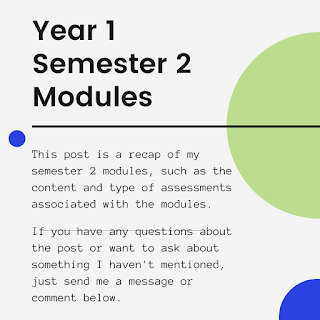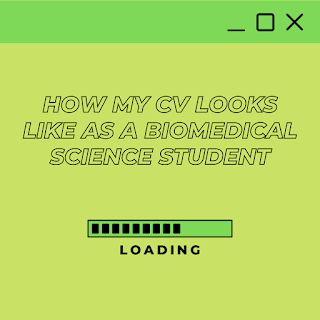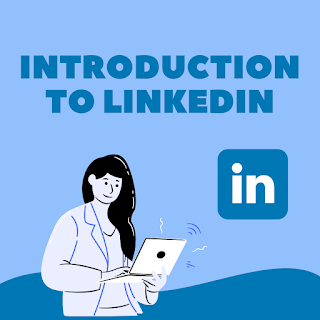Subjects I Studied at GCSE & A-level

Subjects I Studied at GCSE & A-Level I'm often asked on my Instagram ( @astudentofbms ) what subjects I studied at GCSEs and A-Level, because people like to know what opportunities they can have after completing GCSEs and A-Levels. I didn't know what I wanted to do as a career, so I tried to pick GCSEs and A-Levels that gave me a wide range of options later on. I did my GCSEs in 2018, and then my A-Levels in 2020. I didn't actually manage to finish my A-Levels, because of COVID, and I wasn't able to sit my exams, so I was a bit worried what results I was going to get. All that doesn't matter now though, because I got accepted onto my degree, and now GCSEs and A-Levels are a thing of the past. 📖 GCSEs As with most schools, I had to study: 📚 English Language + Literature Maths + Maths Numeracy Sciences - Biology, Physics + Chemistry And then, because I'm in Wales, I studied: 📚 Welsh Language + Literature Welsh Baccalaureate For my optional GCSEs, I was ab...






